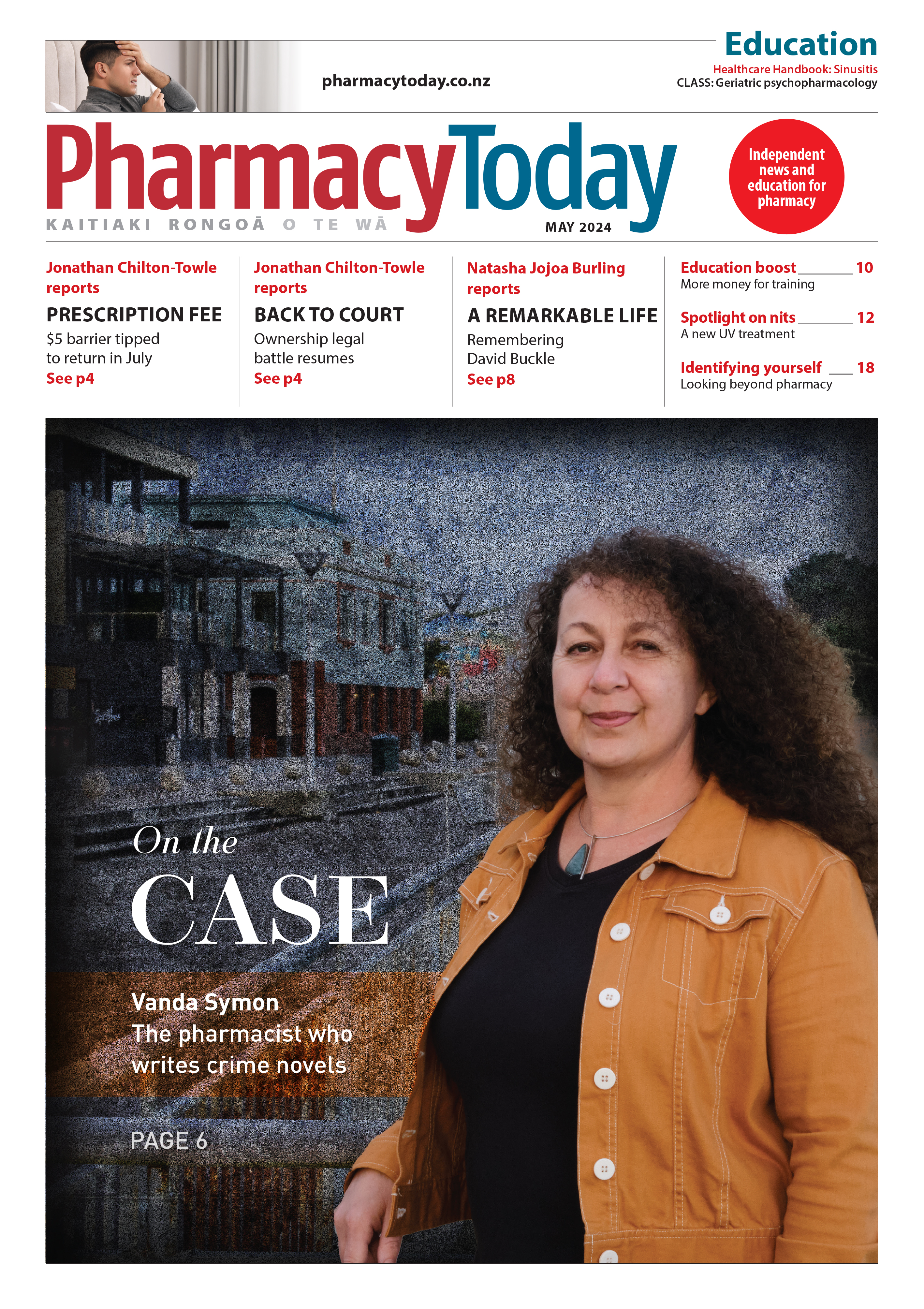This article, written by Sidhesh Phaldessai, provides an overview of geriatric psychopharmacology, including the epidemiology of mental health disorders in the older population, the physiological changes that occur with ageing and their impact on pharmacokinetics and pharmacodynamics, and the use of psychotropic medications in older adults
New assessment tool from FIP encourages regulators to ensure pharmacy is supported in preventing harms of substandard and falsified medicines
New assessment tool from FIP encourages regulators to ensure pharmacy is supported in preventing harms of substandard and falsified medicines

|
The Hague, 7 November 2023 — A new resource to help countries self-assess the adequacy of their regulatory systems to support pharmacy interventions to prevent the harms of substandard and falsified (SF) medicines is launched by the International Pharmaceutical Federation (FIP) today. Developed by FIP’s Regulators Advisory Group, it covers pharmacist-led roles and the responsibilities of ministries of health.
“FIP is seriously concerned about the ever-increasing risk to public health of SF pharmaceutical products. We know that, in some countries, legislation governing the manufacture and distribution of medical products, or the enforcement of legislation, is either non-existent or ineffective. FIP has been speaking out against SF medical products for over 20 years and this self-assessment tool is another mechanism to decrease the impact of SF medical products on patient care,” said Mr Brett Simmonds, FIP Regulators Advisory Group chair. The “Substandard and falsified medical products: Regulatory self-assessment tool” aims to aid the detection, quarantine and removal of SF medical products from the pharmaceutical supply chain through appropriate supportive legislation. “Where weaknesses or legislative gaps are discovered, the sections contained in this document could be adopted or adapted and become part of legislative framework to combat SF medical products coming into the supply chain. The tool can also be used as an educational resource to raise the awareness of the risk and harm of SF medical products among all healthcare providers and healthcare policy makers, as well as being included in undergraduate and professional programmes. Ministries of health, governmental regulatory agencies, pharmacists and pharmacy teams must play a major role in detection and preventing SF medical products reaching patients and the wider public. In addition, other relevant competent authorities and institutions must act to protect the public and educate healthcare professionals and all participants in the supply chain on the risks of SF medical products, their detection and methods to protect the integrity of the supply chain,” Mr Simmonds said. Notes for editors ABOUT FIP |





